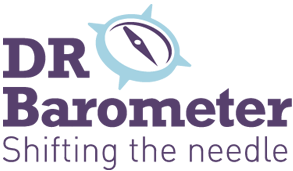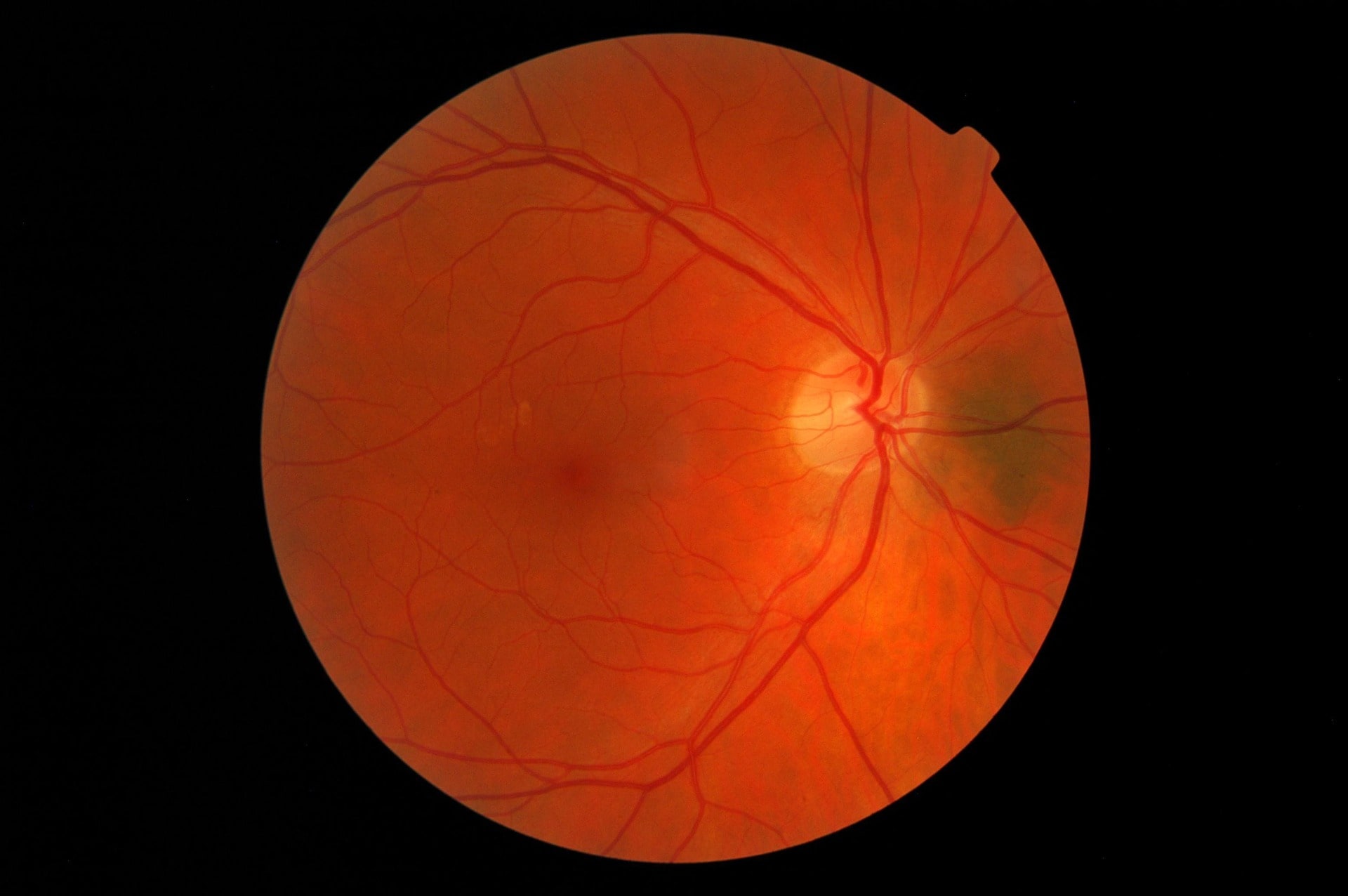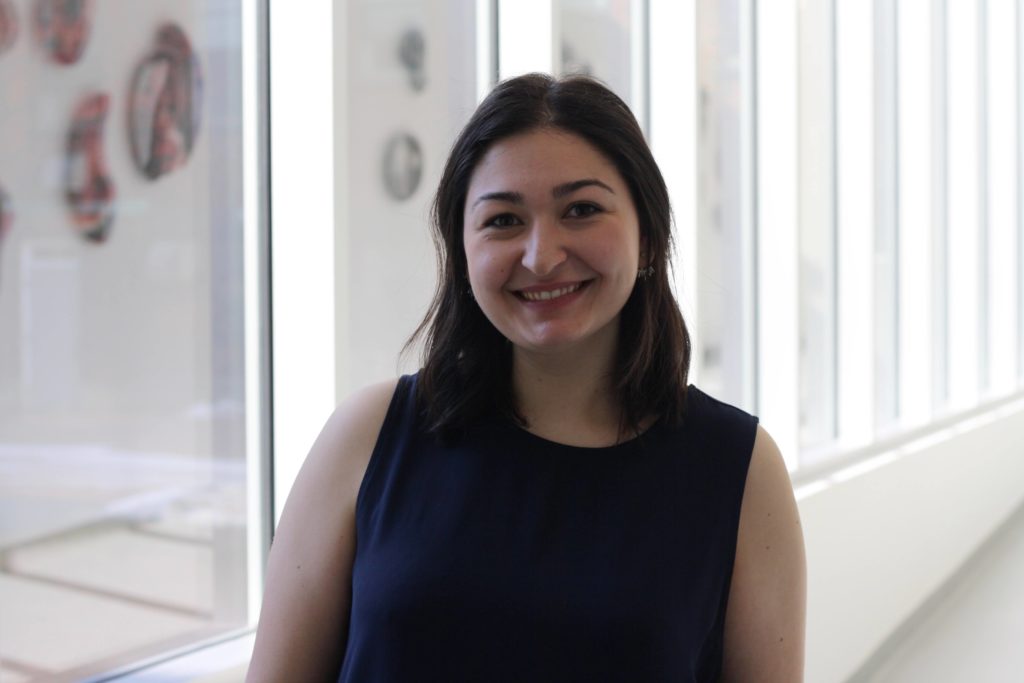The DR Barometer program, with support from Bayer, will host a webinar titled “Diabetes and Vision Health: The New Landscape” to launch the critical conversation on the need to harness the latest advancements in technology to deliver integrated people-centred eye care (IPEC).
Creating an environment that enables older people to do what they have reason to value is central to the UN Decade of Healthy Ageing and within that the delivery of integrated care and primary health services responsive to their needs. An integrated system that is built on coordinated care holds the promise on not only saving lives but also saving sight.
Of all the diabetic microvascular complications, diabetic retinopathy, in particular, remains one of the leading causes of preventable blindness. Annual screening is the most cost-effective method of prevention and detection. The success of a national screening programmes has been well-documented, as in the case of England, where diabetic retinopathy is no longer the leading cause of certifiable blindness in the working age group[i]. However, implementation of screening within global healthcare systems has been slow or uneven.
Integrated people-centred eye care (IPCEC) is one of the principal recommendations of the World Report on Vision. Access to quality eye care is integral to universal health coverage, which in turn is integral to delivering Sustainable Development Goal 3 – “Ensure healthy lives and promote well-being for all at all ages.”
Delivering integrated people-centred eye care requires a strategic cross-sectoral, interdisciplinary approach that employs technological advancements such as teleophthalmology, artificial intelligence, mobile health[ii]. These technologies have been used to provide screening and referral services and have the potential to reach underserved and unserved populations globally. Integrating the use of teleophthalmology could lead to efficient health systems that not only improve patient outcomes but also foster healthy ageing.
This Panel will provide the impetus for dialogue and a call to action to change the pace of integrated eye care through:
- Increased understanding on emerging technology in ophthalmology
- Launching an international conversation on integrating eye care into health systems
- Bringing together a worldwide community of vision health advocates and leading experts in the field
Key Messages:
- The uptake of screening services is slow to stagnant and the necessity for universal health coverage must be emphasized.
- The pandemic has shown that there is a pressing need for stakeholders to discover and implement the use of telemedicine in ophthalmology in order to improve vision health outcomes.
Panelists:
- Mr. Peter Holland, CEO of the International Agency for the Prevention of Blindness (IAPB)
- Dr. Sehnaz Karadeniz, Professor of Ophthalmology at Istanbul Bilim University, Ophthalmologist at Florence Nightingale Hospital, Turkey
- Dr. Majda Hadziahmetovic, Assistant Professor of Ophthalmology, Duke University, USA
Register for the webinar here.
_____________________________________________
[i] Scanlon, P.H. The English National Screening Programme for diabetic retinopathy 2003–2016. Acta Diabetol 54, 515–525 (2017). https://doi.org/10.1007/s00592-017-0974-1
[ii] Sreelatha, O. K., & Ramesh, S. V. (2016). Teleophthalmology: improving patient outcomes?. Clinical ophthalmology (Auckland, N.Z.), 10, 285–295. https://doi.org/10.2147/OPTH.S80487


